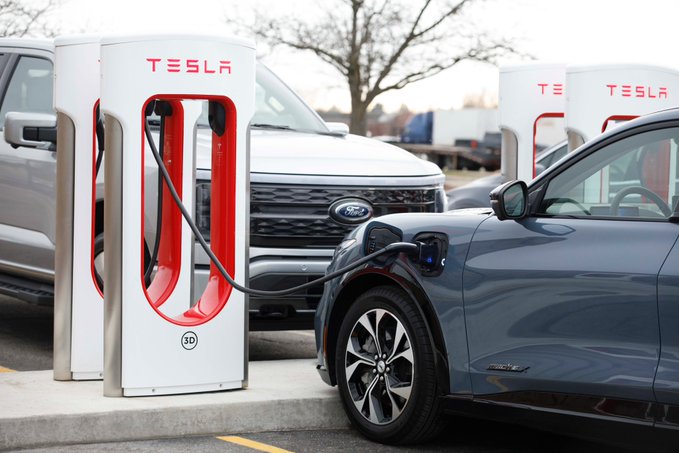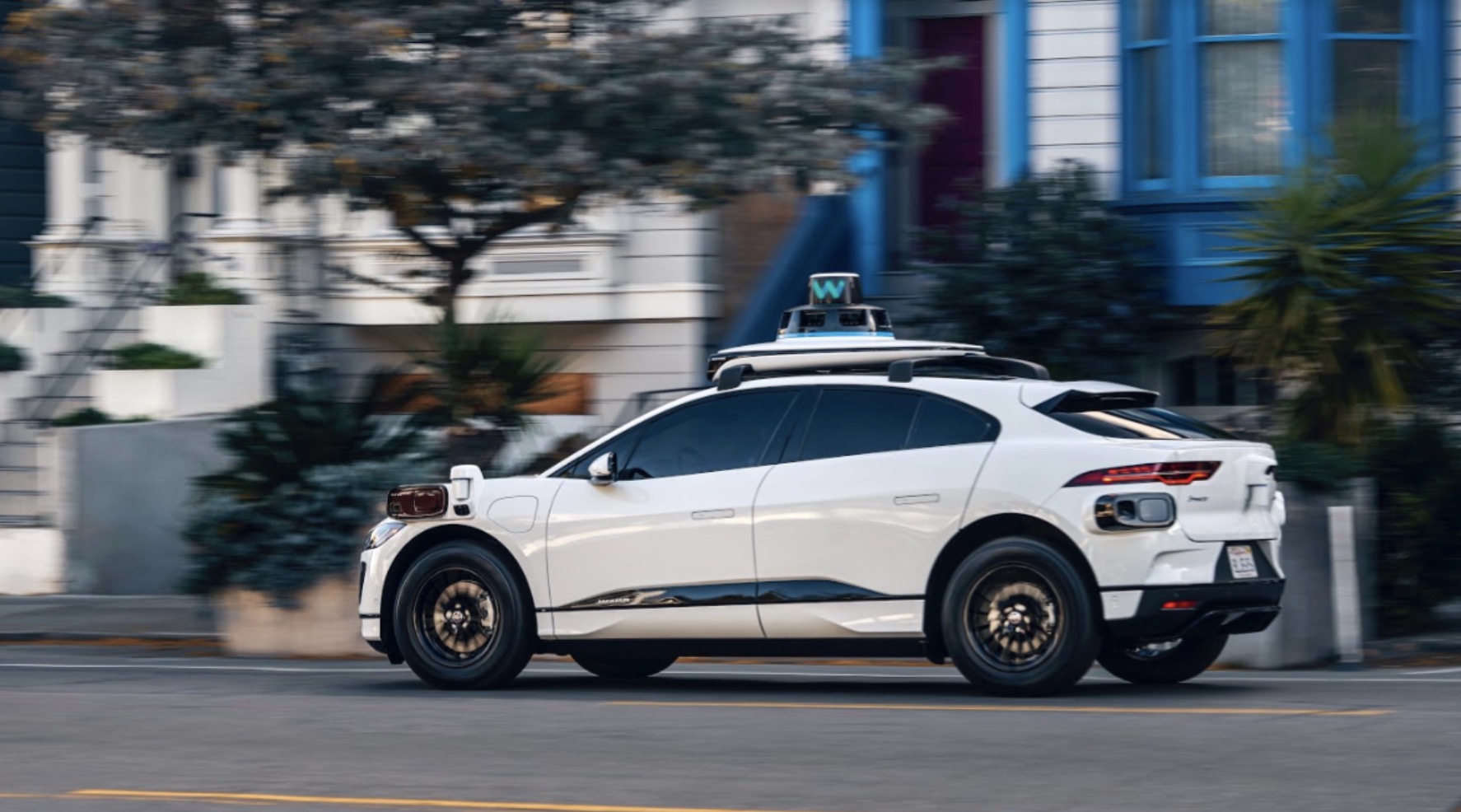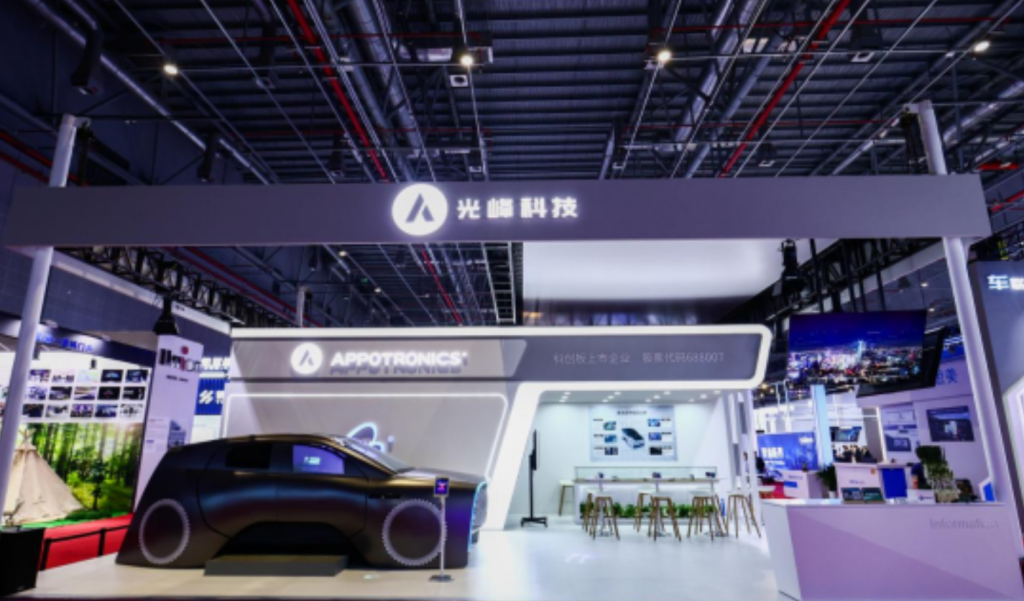In a recent earnings call, Ford CEO Jim Farley disclosed that the automotive giant has been diligently working on a new, adaptable electric vehicle (EV) platform over the past two years. The platform, spearheaded by a specialized EV team operating independently within Ford, aims to streamline costs while enhancing the company’s competitiveness in the EV market.
During the discussion of Ford’s Q4 2023 earnings, Farley emphasized the significant transformations observed within the EV sector in the latter part of 2023. These shifts, he noted, were fueled by a combination of EV manufacturers slashing prices by 20% and substantial investments in the two-row crossover segment.
See also: Rivian to Unveil Affordable $40,000 Electric SUV, R2, on March 7
Looking forward, Ford plans to introduce its next generation of EVs, dubbed Gen 2 electric vehicles, which are projected to achieve profitability within the first year of their launch. Unlike its current EV lineup, which includes models such as the Mustang Mach-E, Ford F-150 Lightning, and E-Transit van, the upcoming Gen 2 vehicles are engineered to optimize profitability.
Farley outlined the company’s strategy, stating, “We’re going to spend less capital on larger EVs… We’re going to focus those large EVs on geographies and product segments where we have a dominant advantage like trucks and vans.” He underscored the breakthrough efficiency and innovative features incorporated into these new products, intended to attract customers willing to pay a premium.
Additionally, Ford is redirecting its capital towards smaller EV products, leveraging a low-cost EV platform developed by a dedicated skunkworks team. This platform, created by a select group of top EV engineers operating independently from Ford’s main operations, offers flexibility across various vehicle types and serves as a foundation for future software and services.
See also: Tesla Charging Adaptors on the Horizon for Ford Mustang Mach-E and F-150 Lightning Owners
Farley emphasized Ford’s commitment to cost reduction and efficiency, positioning the company to effectively compete against upcoming offerings from Tesla and Chinese OEMs seeking entry into the western automotive market.
The development of this modular EV platform underscores Ford’s strategic efforts to remain competitive and profitable in the rapidly evolving EV landscape.







